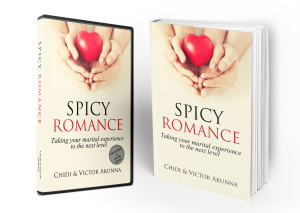Keep your eyes open, hold tight to your convictions, give it all you’ve got, be resolute, and love without stopping.
I Corinthians 16:13-14
If you were designing a recipe for romantic love, what would be your top ingredients?
A mountain of new research reveals what maters most. Robert Sternberg, a Yale University psychologist, says it basically comes down to three ingredients:
- Passion – the biological part of love: This it the spine-tingling sensation that moves us toward romance. It starts with our hormones. It’s sensual and sexual, characterized by physiological arousal and an intense desire for affection. The Song of Songs, for example, celebrates the physical love between a man and a woman in passion-filled poetry: “Let him kiss me with the kisses of his mouth — for your love is more delightful than wine” (Song of Songs 1:2).
- Intimacy – the emotional part of love: Love without intimacy is only a hormonal illusion. You can’t desire another person over the long haul without really knowing that person. Intimacy has a “best friend” or “soul mate” quality about it. We all want someone who knows us better than anyone else — and still accepts us. And we want someone who holds nothing back from us, someone who trusts us with personal secrets. Intimacy fills our heart’s deepest longings for closeness and acceptance.
- Commitment – the willful part of love: Commitment looks toward a future that cannot be seen and promises to be there — until death. “Without being bound to the fulfillment of our promises,” writes philosopher Hannah Arendt, “we would be condemned to wander helplessly in the darkness of each person’s lonely heart.” Commitment creates a small island of certainty in the swirling waters of uncertainty. As the mooring of marriage, commitment secures love for our partner when passion burns low and intimacy wanes. Commitment says, “I love you because you are you, not because of what you do or how I feel.”
Whenever we have a chance to speak to newlyweds, we’ll tell them that they can’t expect to wake up every morning of their married life and have all three of these ingredients at a 10 out of 10. But, they can enjoy a lifetime of romance if they work on cultivating passion, intimacy and commitment.
How about you? How are the two of you doing when it comes to these three?
Reflect and Respond
As you consider the three ingredients of love, which one do you need to work on most and what will you do about it?
Go ahead, tell us in the comments.
![]()


Be the first to comment on "Three Essential Ingredients of Romantic Love By Drs Les and Leslie Parrott"